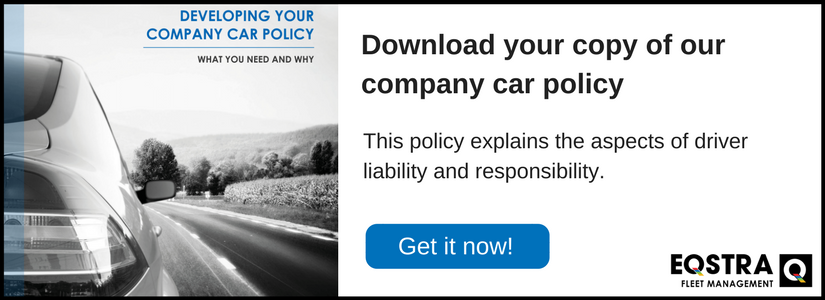
Running a fleet can feel like trying to figure out a Rubik’s cube. In the dark. With one hand tied behind your back.That’s without the expenses involved in running a fleet and surprises that are guaranteed to come at you when you least expect it!
Below is a list of some of the surprising things costing your fleet money that fleet managers need to deal with in order to optimise their business:
- Administration, transaction and other costs related to fuel cards. Not using fuel cards, however, is admin-intensive and increases risk of fraud and theft.
- Fuel consumption: unless you do constant monitoring, it’s almost impossible to calculate true consumption figures, and with fuel making up between 40 – 45% of your fleet’s total running cost, this cost can quickly add up.
- Traffic fines will be addressed to the company, not the driver, and redirecting fines can become an admin nightmare as many are sent via South Africa’s unreliable postal system. By the time fines are received, it’s often too late to redirect and recoup the money from the responsible driver. Both ways, these are additional and unpredictable costs whether it’s in terms of the admin time or the actual cost of the fines.
- Many companies underestimate the cost of scheduled downtime for regular maintenance, service or changes in the fleet. Management is often optimistic and doesn’t plan for sufficient downtime. When a vehicle service takes longer than expected, your fleet budget is suddenly hit with a lot of unforeseen costs.
- Unscheduled downtime, due to accidents or vehicle damage, catch most people off guard. There is no way to predict these and fleet managers have to plan for the worst. It is important to budget and plan for these situations. Some companies allocate just 10% of the budget to unscheduled downtime, but what happens if 50% of your vehicles are out of action at the same time? It happens. In such cases the company will most likely have to spend large amounts of money on vehicle rental and unexpected repairs. Such situations may seem unlikely, but they’re actually more common than people think.
- Parts availability plays a big part in unforeseen downtime. It’s almost impossible to predict whether or not specific parts will be available when needed. For this reason, fleet management companies keep track of parts availability over the years so they have a fairly accurate picture of which manufacturers are most reliable in terms of parts. Companies running their own fleets, however, don’t always have access to this information and might not even think to factor this into their buying and planning decisions.
- Depending on the size of your fleet, it’s advisable to have a pool of vehicles available that you can rotate into your fleet when necessary. These vehicles may seem like an unnecessary expense on paper, but the cost of not being prepared for unscheduled downtime will be a lot higher than having pool vehicles on standby.
- Accident injuries and downtime for drivers is another hidden surprise for many. In South Africa, only 35% of vehicles on the road are insured. Not only does this reflect poorly on the company, but it could cost your business a lot. Decent medical insurance for all drivers is advisable for anyone looking to run a professional fleet.
- Fuel theft is another nasty surprise for fleet managers, which is difficult to control because your vehicles are always out on the road. It’s a real problem and can lead to huge unforeseen costs.
- Price increases: fuel and vehicle parts price increases are often unaccounted for. Many fleet managers will leave some margin for increases, but it’s very difficult to get it 100% right.
- Depreciation of vehicles. Many companies calculate vehicle depreciation using a standard formula. In reality, however, there are many more factors that affect a vehicle’s depreciation and many businesses’ depreciation strategy is not in line with actual replacement policy. Experienced fleet management companies have years of data and experience to work with and can help companies accurately determine the depreciation on their fleet. This is crucial in determining other factors, such as whether or not to expand your fleet, and getting it wrong can be a costly mistake.
With so many hidden and unpredictable costs, running a fleet can be a risky endeavour. Even the most experienced fleet managers won’t be able to avoid all unnecessary expenses, mainly because they don’t have access to all the necessary data. And even if they do, analysing all the data required to get a clear picture of your fleet costs is a full-time job for more than one person.
Keeping an eye on the items mentioned in this list will make a significant dent in your bills, and even if some are predictably regular, the expenses they incur often are not.
Download a copy of your company car policy here:

